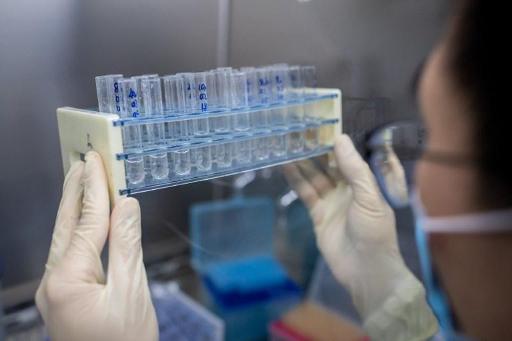Belgium's federal government is investing in a project aimed at accelerating the development of vaccines, Belgian newspapers De Morgen, De Standaard and Le Soir reported.
The government has released €20 million for the creation of an Infectious Diseases Unit, bringing together the expertise of the universities of Antwerp and Brussels.
This project aims to allow Belgium - and more broadly Europe - to combat the emergence of a next pandemic, by developing tools to greatly accelerate the development of vaccines and tests.
The primary component of this unit is the creation, at the University of Antwerp, of an infrastructure to host human inoculation (vaccination) clinical studies.
"Inoculation studies speed up the development and evaluation of drugs," said Pierre Van Damme, director of the Vaccine Evaluation Centre at the University of Antwerp.
Related News
- Ghent university VIB team uncover a secret of the immune system
- Coronavirus vaccine could take years to develop, warns German Health Minister
The project's other component is the creation of an immunology laboratory at the Free University of Brussels (ULB).
"In parallel with clinical trials, it is essential to analyze the immune response induced by this vaccine," said Arnaud Marchant, Director of the Institute of Medical Immunology at ULB.
This laboratory will also monitor emerging pathogens - something that produces a disease - and will be responsible for developing appropriate testing tools as soon as a new epidemic occurs. A unit will also be created on this site to conduct phase 2 studies in vaccinology.
The aim is to strengthen Belgium's capacity for "classic" clinical trials and to fill a gap. There is no such centre on the French-speaking side of the country, while there are three on the Dutch-speaking side.
In total, €40 million will be invested in the project, with the other €20 million coming from the private sector, but not from the pharmaceutical industry.
All of these new infrastructures will be ready by early 2022.
The Brussels Times

